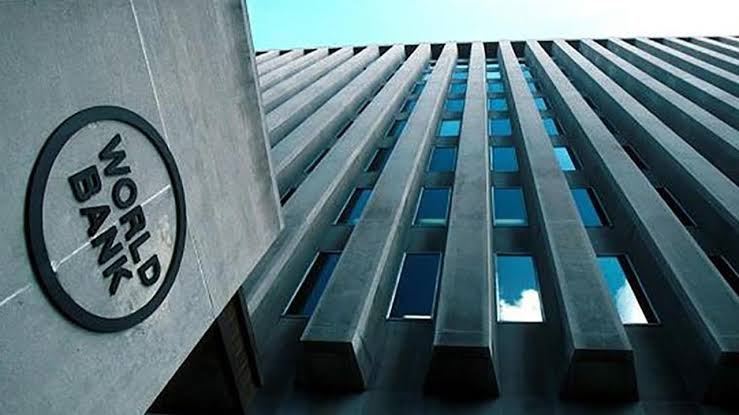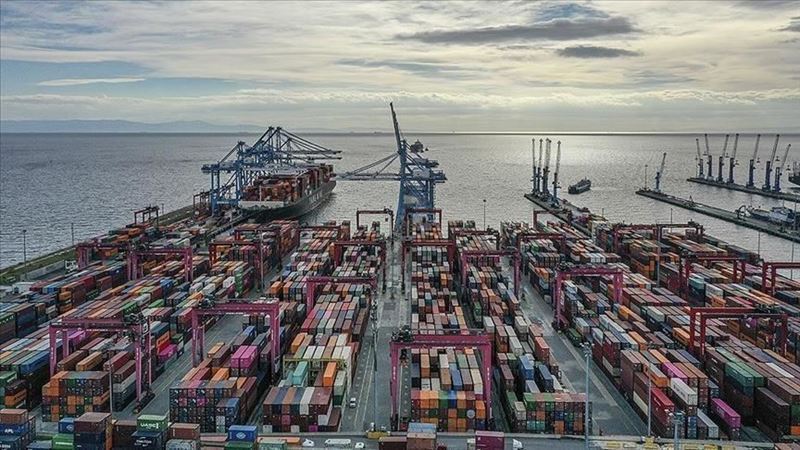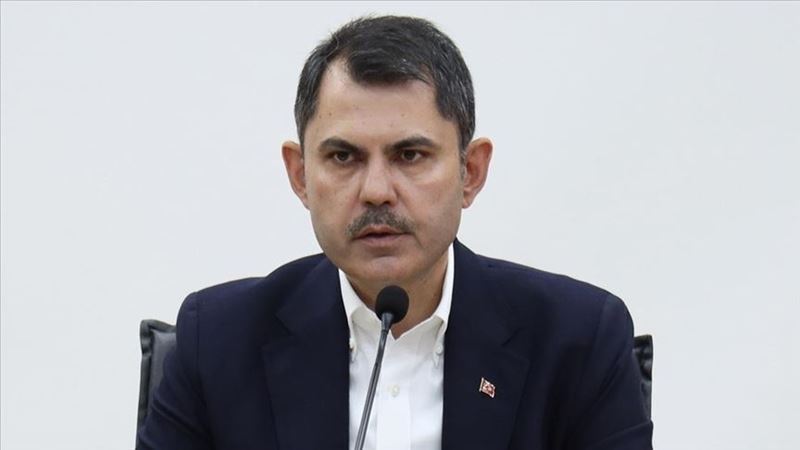From the bank, "Is a Global Recession Near?" Central banks around the world have raised interest rates this year simultaneously, in a manner not seen in the last 50 years.
Pointing out that this trend is likely to continue next year, it was stated in the statement that the currently expected interest rate increases and other policy actions may not be enough to bring global inflation back to pre-pandemic levels.
"As central banks around the world simultaneously raise interest rates in response to inflation, the world may be heading towards a global recession in 2023 and a series of financial crises that will permanently damage emerging and developing economies," the statement said. evaluation was made.
"The world's 3 largest economies are slowing down sharply"
Noting that core inflation could reach 5 percent in 2023 unless supply cuts and labor market pressures subside, further rate hikes and financial market stress may slow global gross domestic product (GDP) growth to 0.5 percent in 2023. It was recorded that this is equivalent to a contraction of 0.4 percent per capita.
In the statement, it was stated that central banks may need to increase interest rates by another 2 percentage points in order to reduce global inflation to a rate compatible with the targets.
Pointing out that the global economy is currently in its sharpest slowdown after the post-recession recovery since 1970, the statement said that global consumer confidence fell much more sharply than at the onset of previous global recessions.
"The world's 3 largest economies, the USA, China and the Eurozone, are slowing down sharply," the statement said. expression was used.
"Policy makers can shift their focus to increasing production"
World Bank President David Malpass, whose views were included in the statement, stated that global growth has slowed sharply, and that it is likely to slow down further as more countries enter recession.
"To achieve lower inflation rates, currency stability, and faster growth, policymakers can shift their focus from reducing consumption to increasing output. Policies should seek to create additional investment and improve productivity and capital allocation, which is critical for growth and poverty reduction," Malpass said. made its assessment.
Ayhan Köse, Vice President of the World Bank for Fair Growth, Finance and Institutions, said that tightening monetary and fiscal policies in the near future will probably help reduce inflation.
Köse emphasized that policy makers in emerging markets and developing economies should be prepared to manage the potential impacts arising from simultaneous tightening policies globally.









Comments
No comment yet.